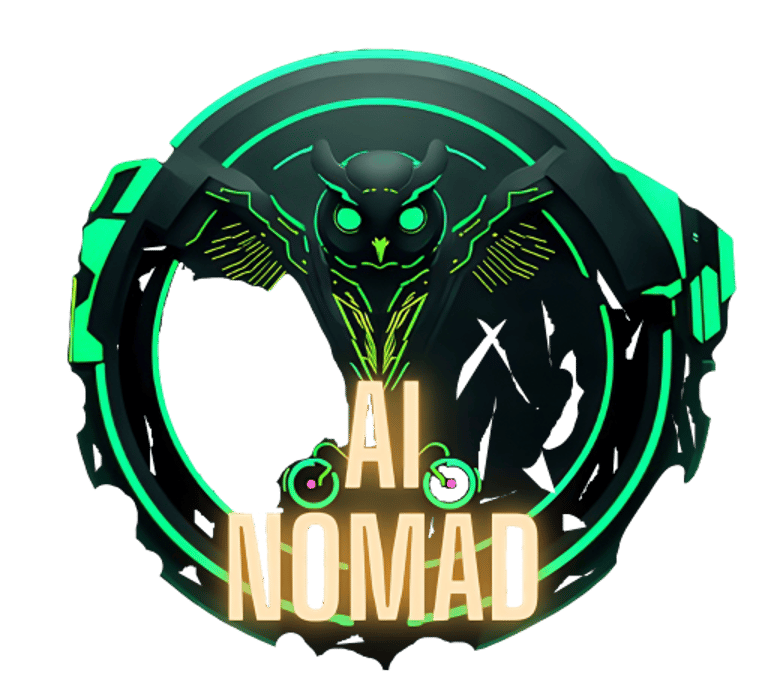From Parchment to AI: How Technology Smashes Barriers to Human Potential
When 6th-century monks spent three years copying a single Bible on lambskin parchment, they weren’t just preserving scripture—they were gatekeeping divine authority. At that time, books were not merely sources of knowledge; they were symbols of power, locked away in monasteries and castles like the dragon’s hoard. Europe’s total collection of manuscript books numbered around 100,000—roughly equivalent to the holdings of 50 modern libraries—but access was restricted almost entirely to the clergy and nobility. Literacy was not just a skill; it was a privilege, carefully rationed to maintain the social order.
AI
Ai Nomad
2/22/20251 min read


Gutenberg’s Press: The First Information Bomb
The printing press, invented by Johannes Gutenberg around 1455, didn’t just mechanize book production—it detonated a social earthquake. Before its arrival, copying a book was a laborious, months-long process performed by scribes. But with movable type, books could be mass-produced at an unprecedented scale. By the year 1500, an estimated 20 million printed books had circulated across Europe, making it one of history’s earliest technological booms.
AI: The Gutenberg Press of Our Neural Age
Just as the scribes of old clung to their quills, today’s creative industries fiercely guard their production bottlenecks. Traditional animation, for example, remains an intensive craft—one Disney animator might spend 100 hours creating just 10 seconds of hand-drawn footage. Similarly, film dubbing, professional design, and high-end content creation still require significant time and expense.
When Every Peasant Gets a Printing Press
The true revolution occurs not when technology is invented, but when it migrates from elites to the masses. Just as 16th-century pamphleteers abandoned Latin in favor of vernacular languages to reach the common people, AI is now democratizing professional skills once reserved for experts.
Animation’s Cambrian Explosion
Nowhere is this shift more evident than in Japan’s anime industry, where artists often endure “dark factory” conditions, earning as little as $200 per month. The industry’s reliance on labor-intensive hand-drawn animation has long made high-quality production expensive and exclusive to major studios.
The New Literacy Wars
Predictably, resistance to AI’s rise is growing. Hollywood studios are lobbying to restrict AI-generated content. Universities are debating whether AI-assisted theses should be considered valid academic work. Critics argue that AI will degrade originality and flood the market with generic, uninspired content.
Conclusion: The Arc of Every Information Revolution
From the scarcity of parchment to the abundance of AI, every major information revolution follows the same trajectory: first, knowledge is a privilege; then, it becomes a right; finally, it turns into a necessity. AI is now reaching that third stage. It is no longer a futuristic novelty—it is becoming the new standard of literacy and creation.
